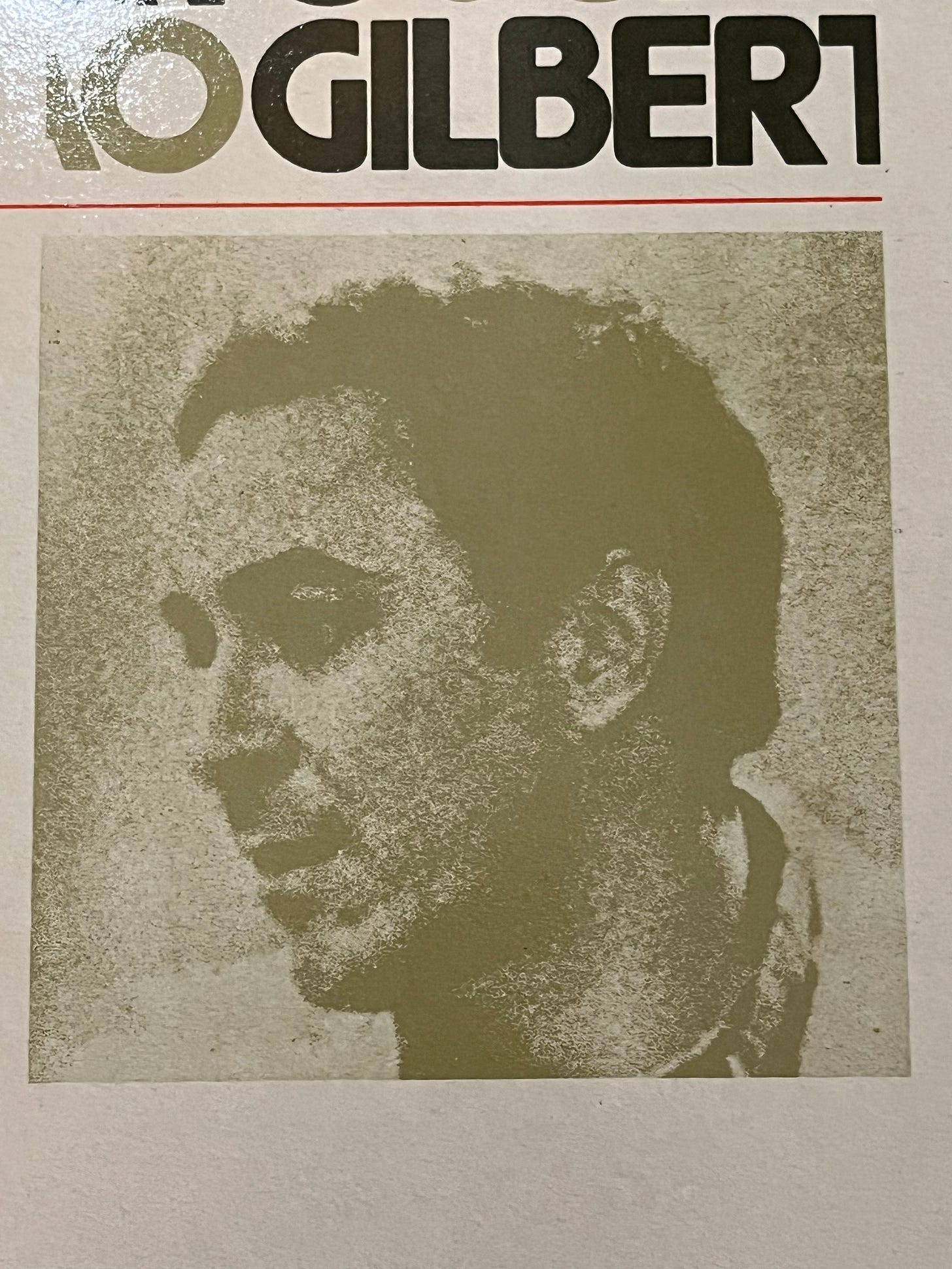João
On João Gilberto's gentle genius, the real girl from Ipanema, and the best music genre to ever emerge from a bathroom
This weekend, Pitchfork published just a hair under 3,000 words I wrote about the 1964 collaborative album between Stan Getz and João Gilberto, Getz/ Gilberto. Enjoy the Sunday Review of the album.
Keep reading with a 7-day free trial
Subscribe to Beta’s Substack to keep reading this post and get 7 days of free access to the full post archives.


